
Understanding and Responding to Strawman Arguments
A strawman argument occurs when someone misrepresents their opponent's position, creating a distorted version that's easier to attack. This misrepresentation often bears little resemblance to the original point, yet it's presented as if it accurately represents the person's views. In today's polarized climate, this tactic has become increasingly common and sophisticated.
Continue reading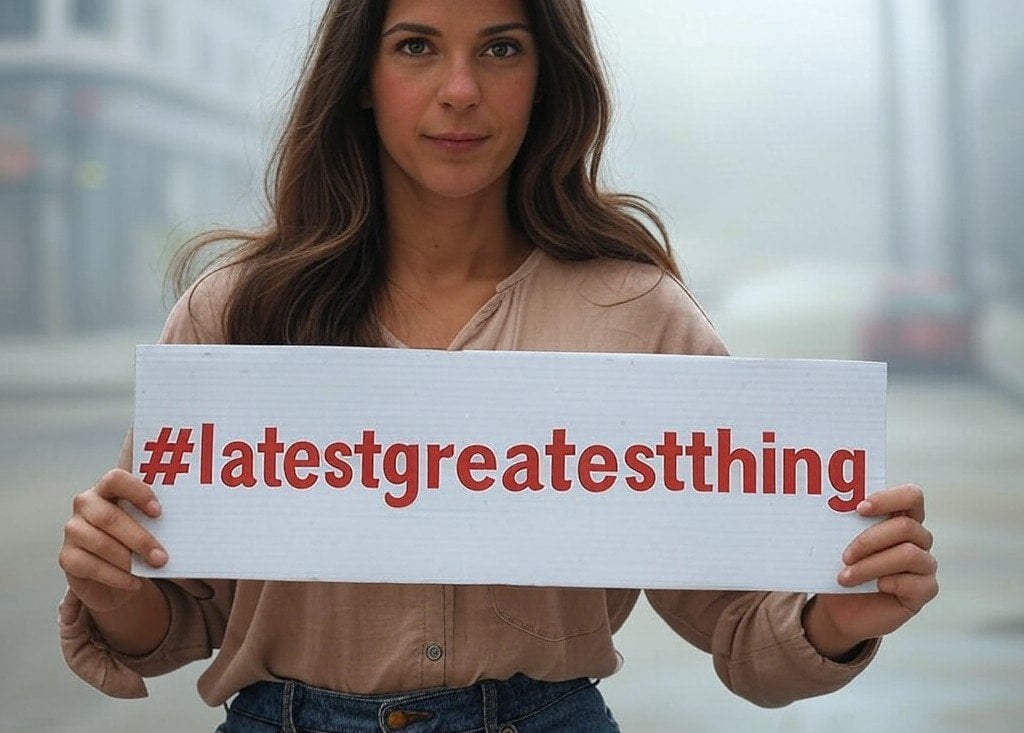
Beyond the Hashtag
In an era where social consciousness is increasingly visible on social media, many clients struggle with the distinction between genuine advocacy and performative allyship. As coaches, we have a unique opportunity to help clients examine their motivations and transform surface-level support into meaningful action.
Continue reading
Breaking Free from Evening Mindless Eating
As a coach working with clients on creating meaningful, lasting change, I've observed that evening mindless eating is a common challenge that many face. This pattern of maintaining disciplined eating habits throughout the day, only to struggle with evening snacking, affects people across all walks of life. Today, let's explore this challenge and discover practical strategies for creating sustainable change.
Continue reading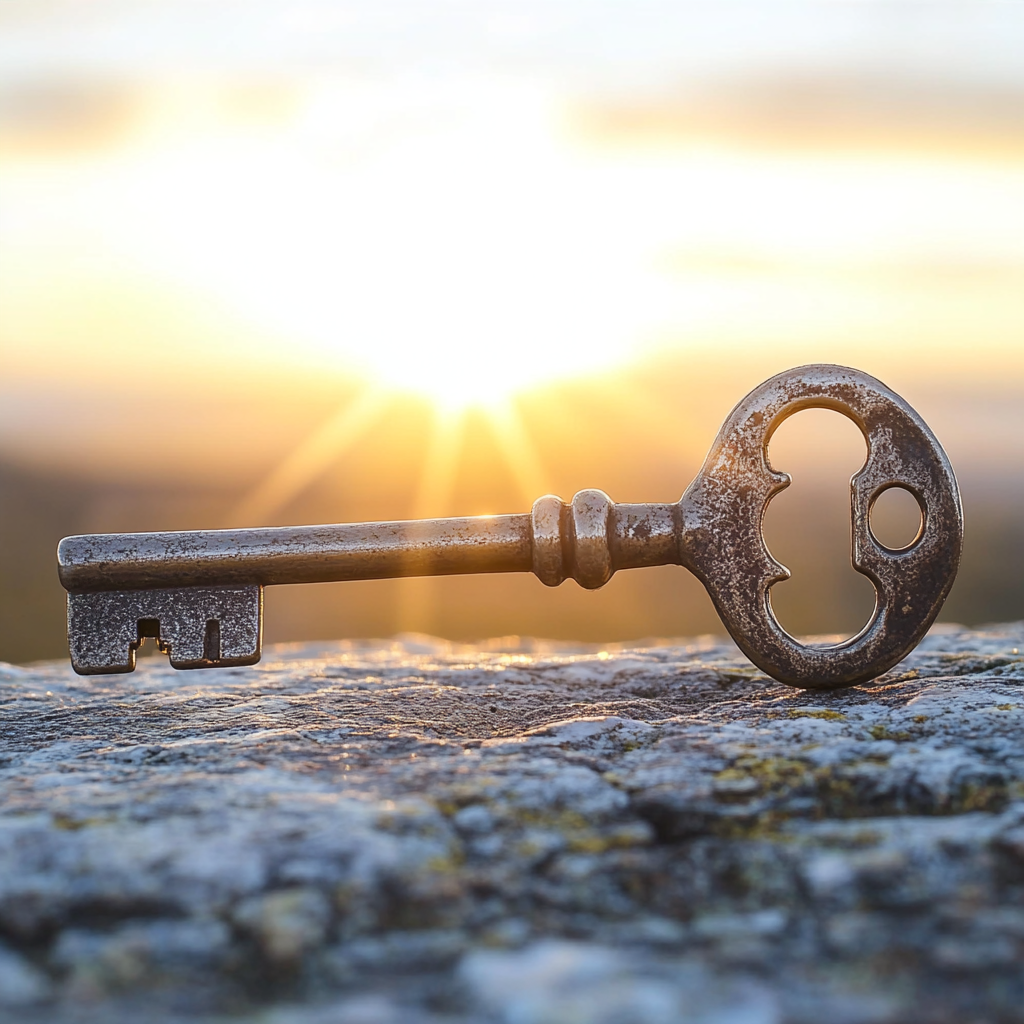
Breaking Free from Perspective Prison
We all live in our own perspective prisons. Our viewpoints, shaped by experience and necessity, serve important functions in our lives. They help us make sense of the world, feel secure in our understanding, and maintain a coherent narrative of our existence. Yet these same perspectives that protect and guide us can also trap us, making it difficult to understand others or recognize our impact on them.
Continue reading
Finding Self-Love Through Your Inner Child
Have you ever noticed how certain moments can suddenly shift your entire perspective? Recently, I experienced one of these transformative moments during an inner child exercise that challenged everything I thought I knew about self-love and personal growth. As someone deeply committed to continuous improvement and excellence, I discovered that the key to deeper self-acceptance wasn't in looking forward but in connecting with the pure, innocent nature we all possessed before life's challenges shaped us.
Continue reading
Building Bridges
When someone we care about becomes entrenched in their viewpoints, refusing to consider alternative perspectives, it can create significant emotional strain on our relationships. The challenge becomes especially complex when their reactions turn volatile, making meaningful dialogue seem impossible. However, there are ways to navigate these waters while preserving both the relationship and our own emotional well-being.
Continue reading
Breaking Free from Resentment
Resentment often creeps in silently, building its fortress brick by brick while we remain unaware of its growing presence. For many, this emotional burden stems not from a single dramatic event but from a pattern of disconnection, disconnection from our feelings, our needs, and, most crucially, our power to set healthy boundaries. As coaches, we frequently encounter clients who find themselves trapped in a cycle of resentment yet are unaware of how to set or maintain the very boundaries that could set them free.
Continue reading
Rebuilding Trust After Betrayal
When the foundational people in your life betray your trust, particularly parents, close family members, or longtime friends, it creates deep wounds that can affect all future relationships. The automatic distrust that develops isn’t just emotional baggage; it’s your mind’s way of protecting you from experiencing that pain again. But while this protective mechanism serves a purpose, living in a state of perpetual distrust can prevent you from forming meaningful connections and experiencing the richness of genuine relationships.
Continue reading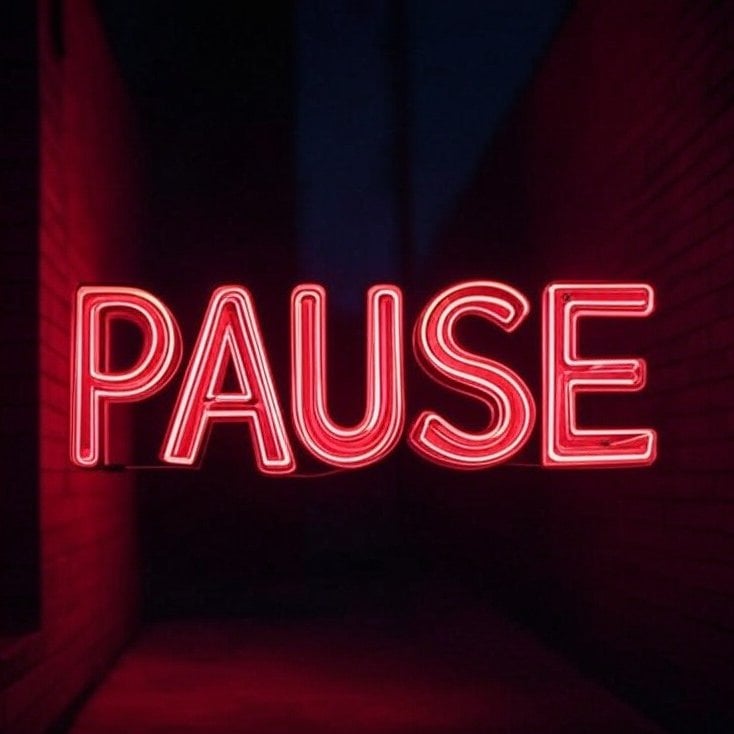
The Strength-Saboteur Connection
Have you ever wondered why some of your most brilliant qualities sometimes feel like they're working against you? There's a fascinating paradox in personal development that coaches and practitioners often observe: Our greatest strengths can be the very compass that points to our most persistent self-sabotaging patterns.
Continue reading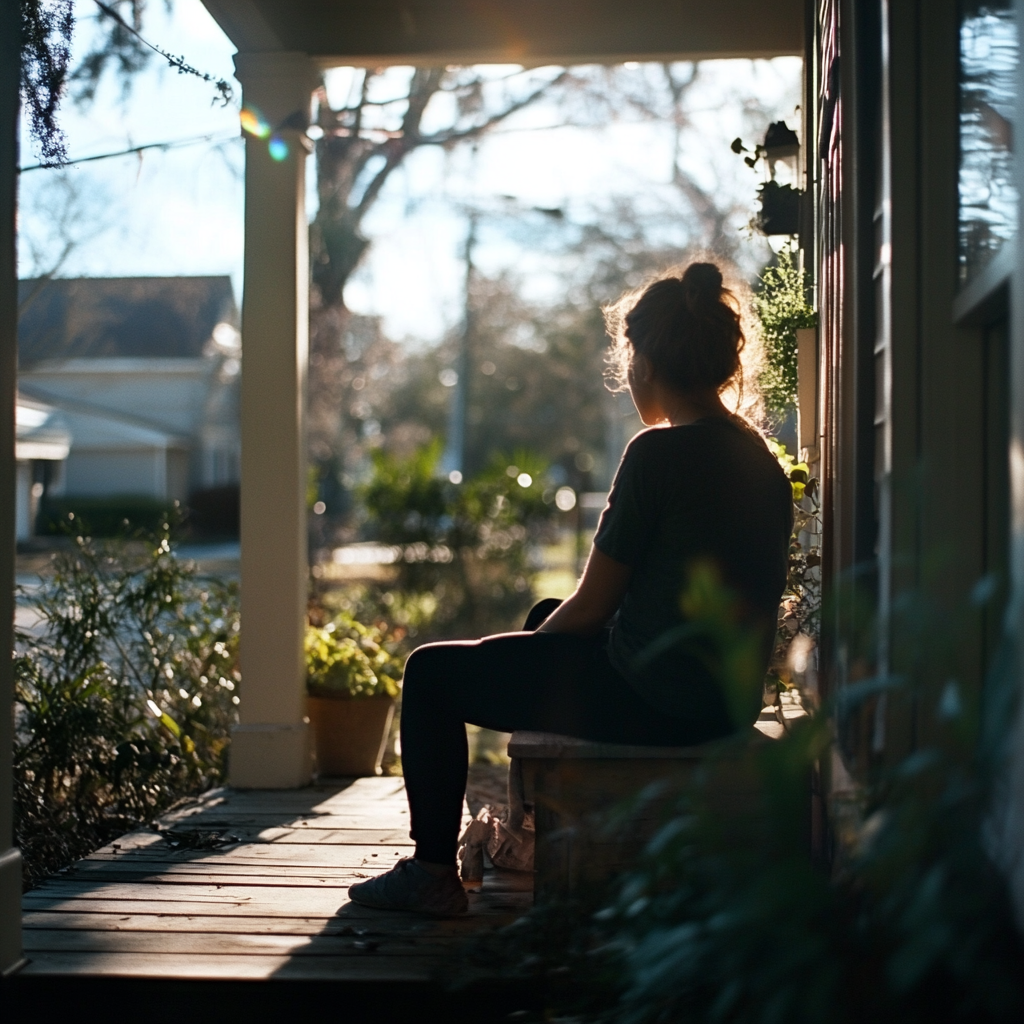
Navigating Disappointment
We've all been there: carefully crafting a vision of how something would unfold, emotionally investing in that future, only to have reality take a different turn. Whether it's a job opportunity that fell through, a relationship that didn't work out, or a personal goal that remains stubbornly out of reach, disappointment can feel like a heavy weight on our hearts. Today, let's explore how to navigate these challenging emotions while building resilience for the future.
Continue reading
Authentic Care Within Professional Limits
The power of coaching lies in our ability to create a safe, supportive space where clients feel truly seen and understood. This requires genuine presence, empathy, and emotional attunement. Yet, our ultimate goal is to empower clients to stand confidently on their own, making decisions and navigating challenges independently.
Continue reading
The Power of Deep Work: Redefining Work-Life Balance
Studies show that the average office worker is truly productive for only 2 hours and 23 minutes during an 8-hour workday. Despite this, many entrepreneurs and professionals pride themselves on working 60-70 hour weeks, often wearing their exhaustion as a badge of honor. But what if we've been thinking about productivity all wrong?
Continue reading
Understanding DARVO: When Perpetrators Become Self-Proclaimed Victims
Have you ever experienced someone wronging you, only to have them later paint you as the villain in their story? This bewildering phenomenon has a name: DARVO, which stands for "Deny, Attack, and Reverse Victim and Offender." First identified by Dr. Jennifer Freyd in 1997, DARVO describes a pattern of behavior where perpetrators of harm respond to being held accountable by turning the tables on their victims.
Continue reading
Navigating Job Loss: A Guide to Maintaining Resilience During Extended Career Transitions
The loss of a job isn't just about losing a paycheck, it's often a profound identity crisis. For many of us, our work forms a cornerstone of how we see ourselves and its sudden absence can leave us feeling unmoored. When this loss is combined with the grueling reality of today's job market, even the most resilient individuals can find themselves struggling to maintain hope and confidence.
Continue reading
Finding Peace in Your Single Season
When you deeply desire a relationship while trying to "let it happen naturally," you're facing one of life's most challenging emotional paradoxes. The more you want something, the harder it can feel to remain relaxed and open to its natural unfolding.
Continue reading
Intention Setting and Self-Forgiveness
While we often discuss the power of shifting from attachment to expectation or outcome toward intention, there’s an important reality we must acknowledge: Sometimes, despite our best efforts, we cannot sustain this mindset all the time. Life, in all its unpredictability, often disrupts even our best-laid plans. This is where the practice of self-forgiveness becomes essential.
Continue reading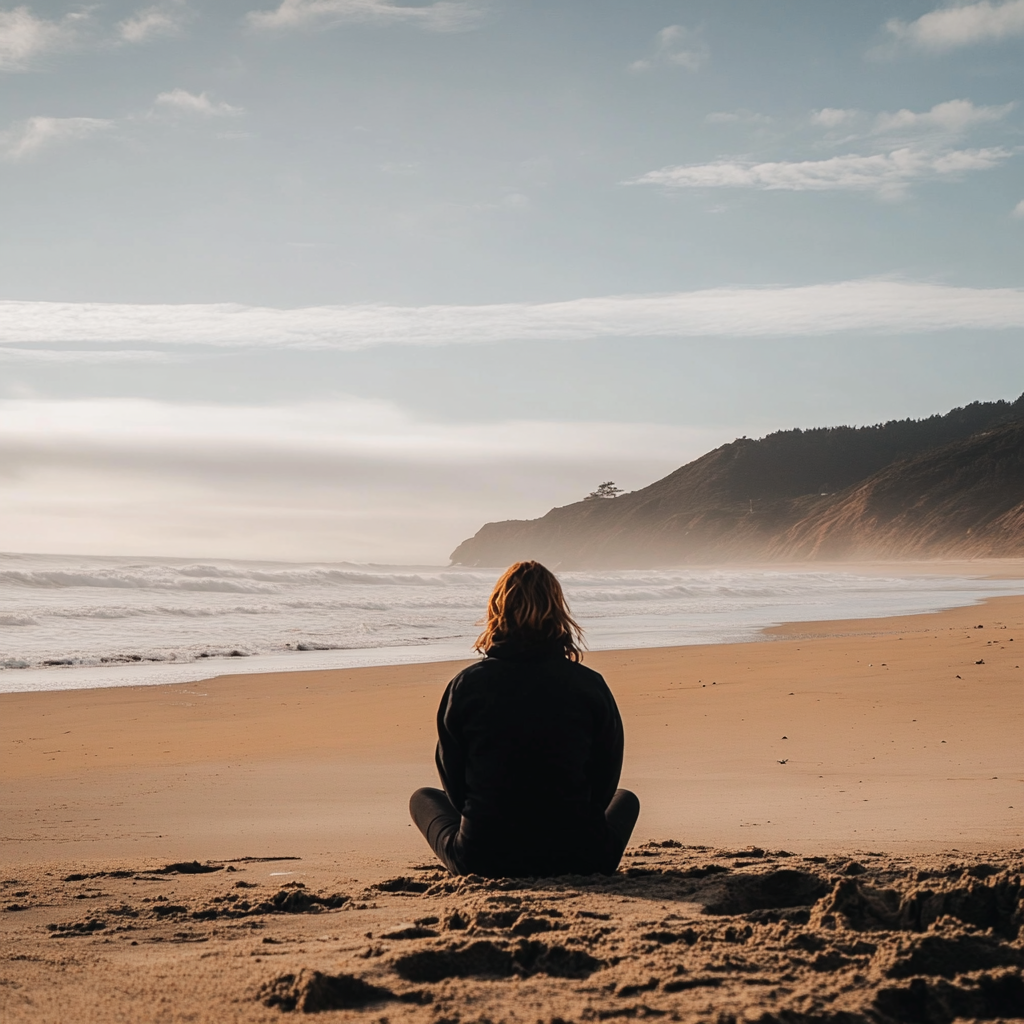
The Hidden Cost of Perfect Acceptance
There is undeniable wisdom in embracing the present moment and finding peace with our current circumstances. This mindset can free us from unnecessary suffering and help us appreciate what we have. However, when acceptance becomes absolute resignation, we may lose touch with our innate human capacity for growth and contribution.
Continue reading
The Passion Paradox
Work passion is often celebrated as the holy grail of career success - that magical state where your profession feels less like work and more like purpose. However, when this passion begins to eclipse other life experiences, it can lead to a subtle form of imbalance that's particularly challenging to address because it doesn't feel problematic at first.
Continue reading
When Those We Love Resist Growth
As coaches and personal growth advocates, we possess powerful tools and insights that have transformed our lives and the lives of our clients. Yet, there's a unique kind of heartache that comes from watching our loved ones struggle with issues we know could be addressed through self-development work. You want to reach out, to fix it, to help. But they resist, and you’re left holding both your knowledge and your frustration. What do you do?
Continue reading